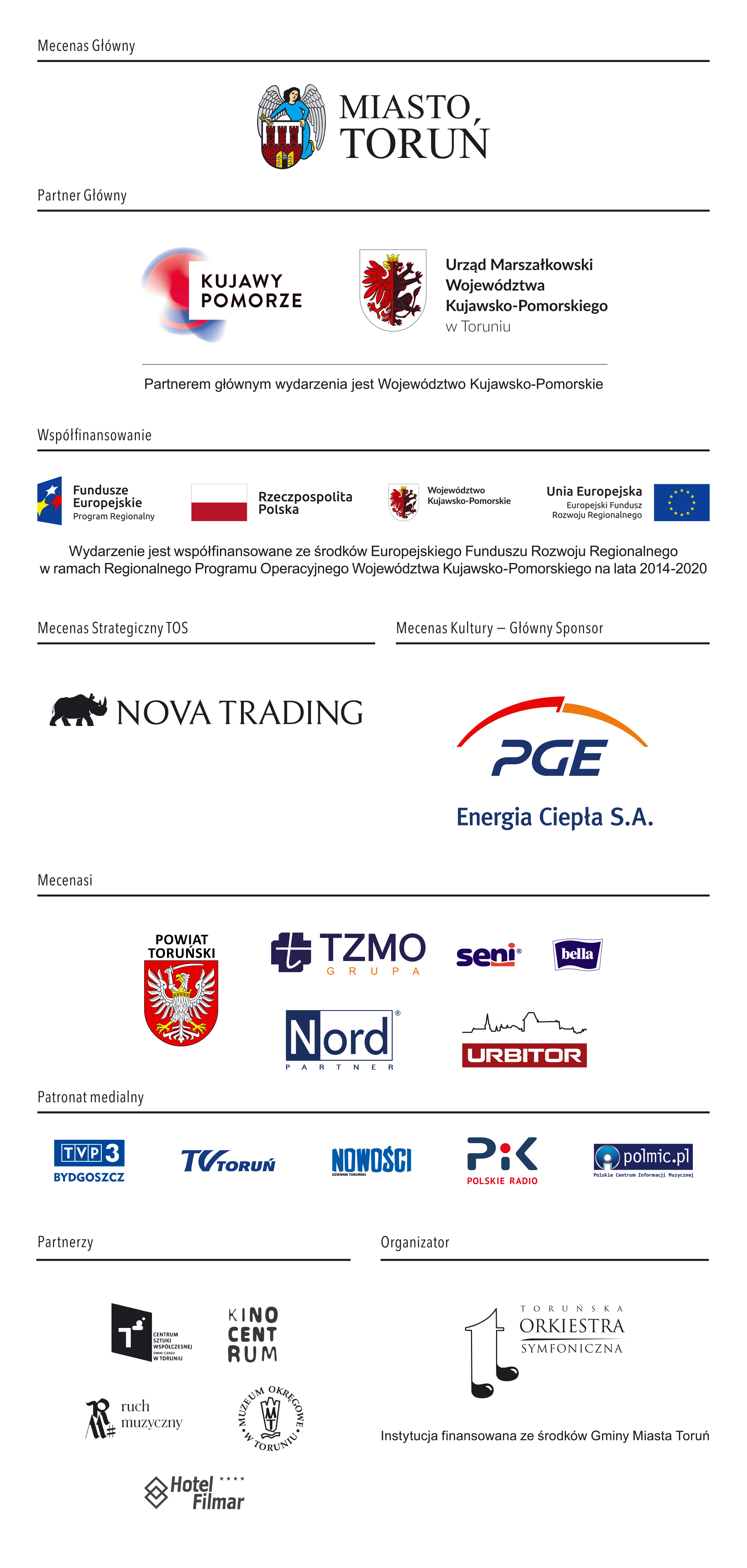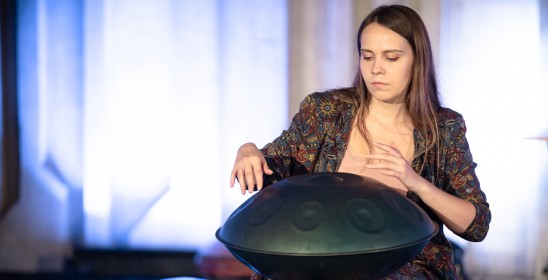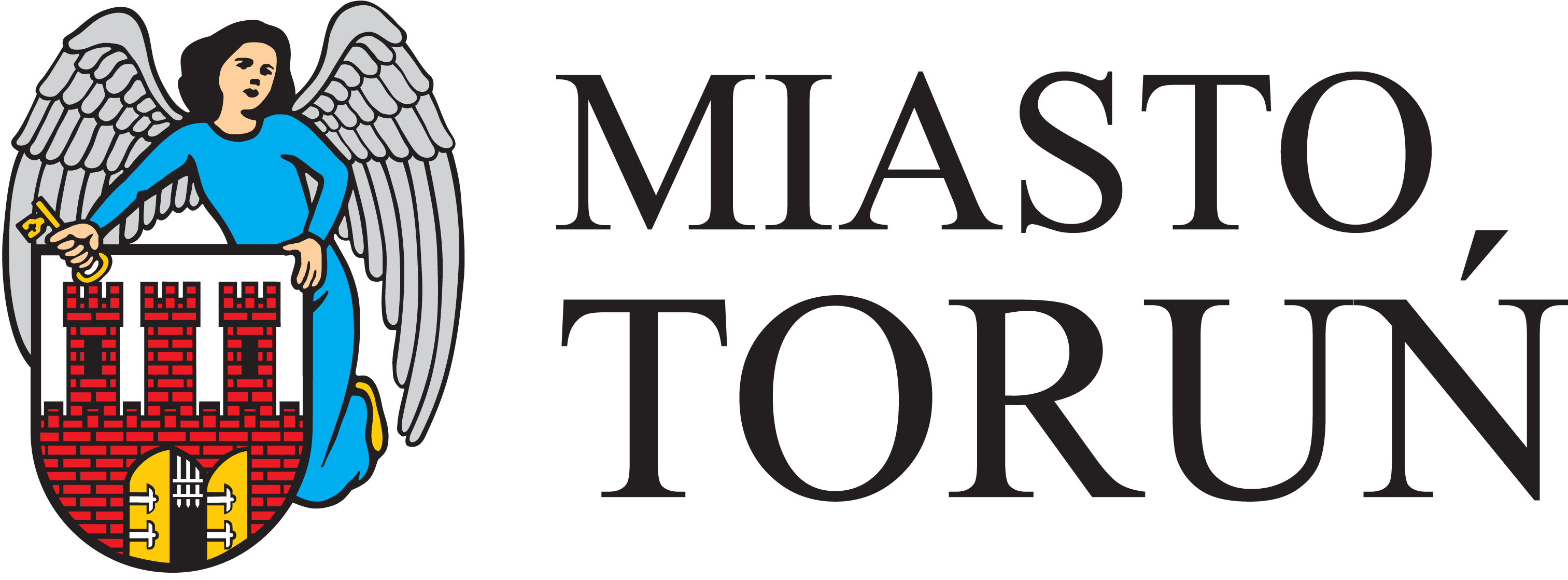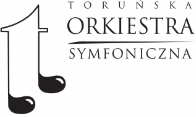Classics and Jazz
The concert will be held under 25th International Festival “Nova Music and Architecture” - Toruń, Kuyavian-Pomeranian 2021
Artists:
Jazzy Feeling Quartet:
Kinga Politowska - violin
Anna Morawska - viola
Alan Balcerowski – saxophone, arrangements
Sara Kosętka – piano, arrangements
Aneta Derkowska - introduction
Programme:
Reinterpretation of the works of classical music combined with jazz.
W. A. Mozart - Eine Kleine Nachtmusik cz. I
W. A. Mozart - Turkish March
L. van Beethoven - For Elise
J. S. Bach - Choral Jesus Bleibet Meine Freude
J. S. Bach - Inwention a-moll
D. Szostakowicz - Waltz nr 2
C. Saint-Saëns - Swan from The Carnival of the Animals
J. S. Bach – Badinerie from Orchestral Suite in B-flat minor BWV 1067
A. Dvorák – Humoresque Op. 101 No. 7
P. Czajkowski - Dance of the sugar fairy from the ballet The Nutcracker
Violin, viola, saxophone and piano – such will be the line-up for jazz arrangements of world hits of classical music, which bursts with good humour more often than we think. The famous Turkish March or Rondo alla Turca from Piano Sonata in A major KV 331 (1783) by Wolfgang Amadeus Mozart (1756-1791) is a humorous, oriental composition that expresses the fascination with Turkey, which in the 18th century was commonly associated with the Orient. Yet another hit by Mozart, Eine kleine Nachtmusik (Little Night Music) KV 525 (1787), also sparkles with a variety of melodic ideas. The ‘zoological fantasy’ or the Carnival of the Animals (1886) by Camille Saint-Saëns (1835-1921) has an equally light character. The serious composer was so ashamed of this little musical joke that he only allowed it to be published after his death. In his opinion, only the more noble Swan deserved an earlier printing.
Johann Sebastian Bach (1685-1750) is a jazzmen’s beloved composer. No wonder, Bach’s polyphony is an inexhaustible source of inspiration. The programme will include the following composition arrangements by the cantor of Leipzig: the famous Badinerie, or Joke, from the Second Orchestral Suite in B flat minor BWV 1068, Invention in A minor No. 13 BWV 784 and the chorale Jesus bleibet meine Freude from the Cantata Herz und Mund und Tat und Leben BWV 147.
Who has not heard the famous piece by Ludwig van Beethoven (1770-1827) Für Elise (For Elise) (1810), which still enchants, although it’s been used to the limits. Who was Elise? There are several theories. She may have been the soprano Elisabeth Röckel or the famous ‘immortal beloved’ from the composer’s letter. Yet another theory is that the words ‘For Elise’ never appeared in the notes, and were replaced by the dedication ‘For Therese’, daughter of the Viennese merchant Jacob Friedrich Malfatti. Perhaps one day we will find out what the truth was.
The suite Nutcracker Op. 71 a (1892) by Pyotr Tchaikovsky (1840-1893) is a brilliant carnival of sounds, a celebration of Christmas magic. The most beautiful fragments of a ballet flicker in a colourful procession. The fairytale charm of the graceful Dance of the Sugar Plum Fairy is highlighted by the use of ‘dematerialised’, slightly unrealistic celesta sounds against a background of pizzicato strings. Antonín Dvořák’s (1841-1904) Humoresque in G flat major, Poco lento e grazioso, became wildly popular and still resonates to this day in cartoons and advertisements. Dmitri Shostakovich’s wonderful Waltz No. 2 (1906-1975), on the other hand, was immortalised in Bernard Rose’s 1997 film Anna Karenina, with Sophie Marceau in the title role.
Aneta Derkowska, PhD
*Free tickets will be available in the box office in CKK Jordanki from July 3, 2021
There is no intermission in the concert.
The event will take place in accordance with current recommendations and guidelines.
Please read the rules and comply with the GUIDELINES FOR THE CONCERT PARTICIPANTS.
IN CONNECTION WITH THE ONGOING COVID-19 PANDEMIA and completing the statement to be given to
you by staff on the day of the concert.









